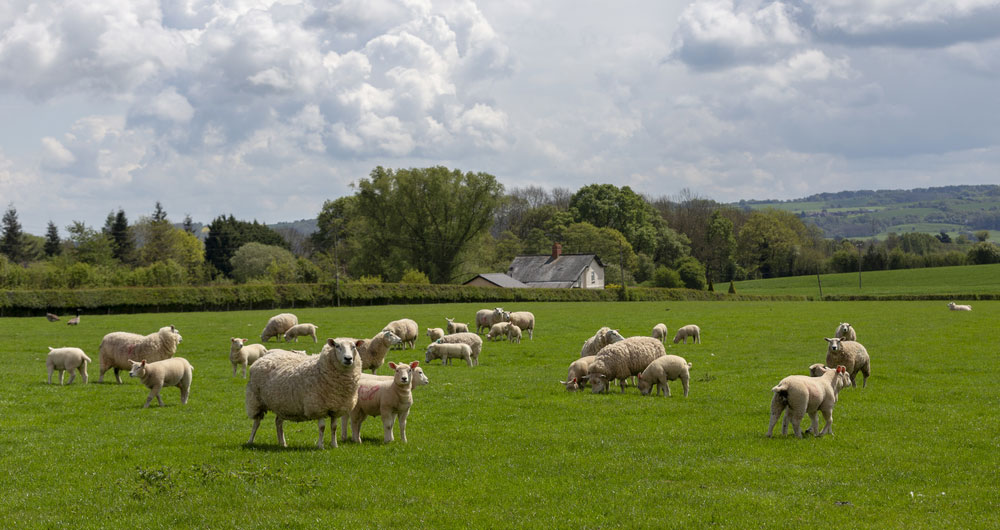It says the UK must completely transition to a sustainable food system by 2030 or face further climate breakdown and the continued rise in diet-related ill-health.
NFU Vice President Stuart Roberts said:
“We are facing a hugely pivotal time for British food and farming, and the health of our nation. This report rightly recognises the need for change and the important role our sector plays in producing quality food that underpins a healthy diet; one that must be affordable and accessible for all.
“While we need innovative thinking and ambition, it is important that policy makers recognise the difference between the way food is produced in Britain - with the animal welfare and environmental standards that goes with British farming - compared to food and environmental standards delivered elsewhere. That is why we advocate our grassland farmers producing climate-friendly beef and lamb and why we are leading the way with our plans for farming to be net zero by 2040.
“If we are serious about our nation’s health, we need to avoid blunt tools to solve complex problems and instead the government needs to invest in quality, affordable, domestic food production as a strategic priority.”
Recommendations in the Our Future in the Land report
- The government to stop delays on policy and trade decisions and commit to a future-proof ambition and the essential elements of a transition plan by January 2020.
- More healthy British produce, particularly fruit, veg, nuts and pulses, and meat and dairy from ‘sustainable livestock’. A need to ramp up the commitments by public bodies to buy more sustainably produced British and local produce for schools, hospitals and prisons and to use it more widely and imaginatively in meals.
- The countryside to be at the heart of the UK’s green economy, via a coordinated policy effort across government which supports investment in infrastructure, skills and new enterprise. A radical transformation is also needed in how the countryside is funded post-Brexit, and the report calls for public finance to be tied to an enhanced public value framework, to ensure stronger cross-departmental accountability at national, regional and local level.
- A National Agro-ecology Development Bank (NADB) to bring together long-term investors to fund farmers to transition. The NADB would be a public bank in the sense that it would be a not-for-profit business. It would raise money from long-term investors by selling its shares and bonds and by itself creating new money in the form of loans, in the normal way that banks are legally empowered to do.
- And young people’s enthusiasm for tackling the climate and ecosystem emergency should be deployed through a National Nature Service for 18-25 year olds to kickstart and upskill for the 'restoration economy'.
You may also be interested in:
